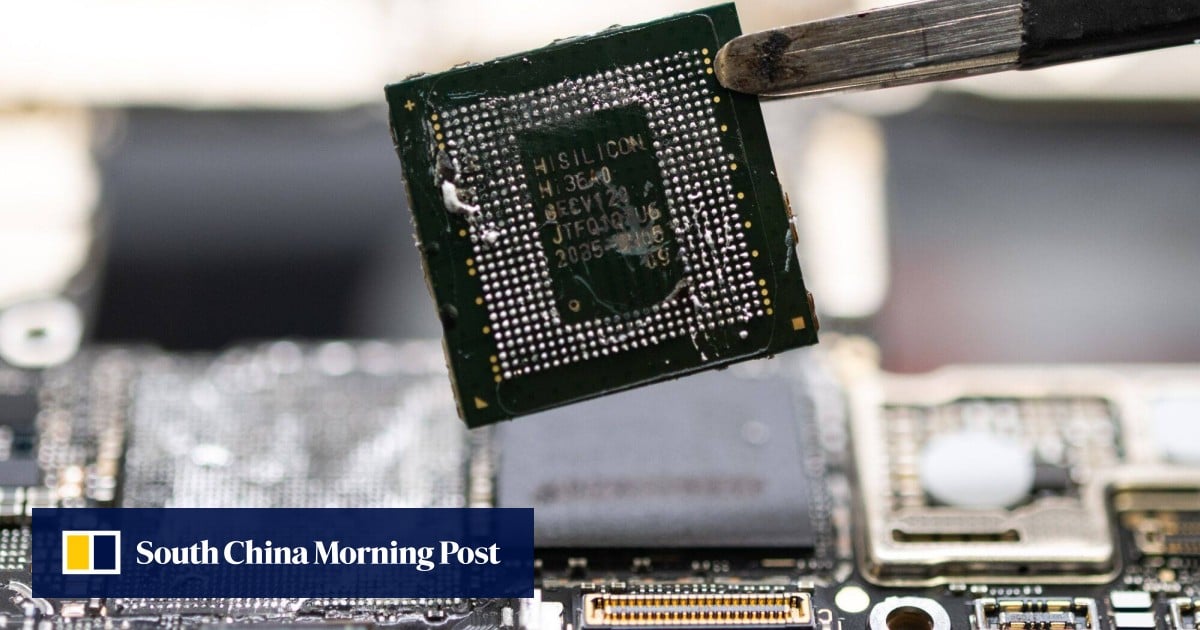“We will strengthen the creation, application and protection of scientific and technological intellectual property rights,” Lou said.
“We will also actively participate in the global innovation network, jointly promote basic research, facilitate the transformation of scientific and technological achievements, cultivate new drivers of economic development, and improve human well-being.”
He added that the White House’s practices seeking to decouple, disrupt supply chains or take a “small yard, high fence” approach towards China only hindered global technological progress, undermined industrial development worldwide, and widened the “chasm in global development”.
China initially sought to collaborate with the international community in developing a satellite navigation system, but faced with myriad challenges and sluggish progress, the country decided to build its own.
“Through two-and-a-half decades of unyielding effort, the BeiDou system has emerged as a global force to be reckoned with, seamlessly integrating into various industries and infrastructure and serving as a cornerstone for economic and social progress,” he said.
Tech delegates call for home-made chip and AI advances at China’s ‘two sessions’
Tech delegates call for home-made chip and AI advances at China’s ‘two sessions’
A scientist with the Chinese Academy of Sciences who studies optical components for medical devices echoed the sentiment.
Once a technology was within reach, the challenge became a matter of narrowing the gap and a question of “how to accomplish it”, he said.
However, the outlook for China’s semiconductor industry under US sanctions appears less optimistic.
China has struggled to produce semiconductors for the most advanced processes and remains behind in basic research and industrial applications.
Companies such as Huawei have made strides in developing commercially viable chips for smartphones after years of investment.
However, high-end chips for servers or AI still rely heavily on imports, and the US Department of Commerce has restricted the import of certain chips, including downgraded versions like Nvidia’s A800 and H800.
Lou said a major task this year for the National People’s Congress Standing Committee, China’s top legislative body, would be to accelerate legislation in cutting-edge technological domains such as artificial intelligence and biotechnology.
“Our future legislative endeavours will be geared towards stimulating technological innovation, particularly in addressing ethical, moral, and safety concerns in frontier technologies like AI and biotechnology, with the ultimate goal of continuously refining China’s legal framework for science and technology,” he said.
Lou said the NPC and the NPC Standing Committee had focused on three technology sector laws: the Law on Science and Technology Progress, the Law on Promoting the Transformation of Scientific and Technological Achievements, and the Law on Popularising Science and Technology.
But so far there is no law on AI.
The Cyberspace Administration of China issued draft regulations for the management of generative AI services in April last year. The regulations require AI service providers to prevent misuse of personal information, privacy and trade secrets.

